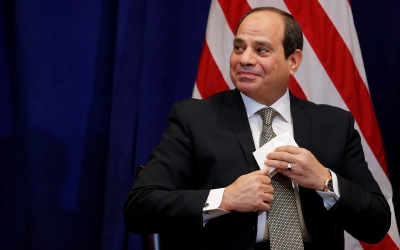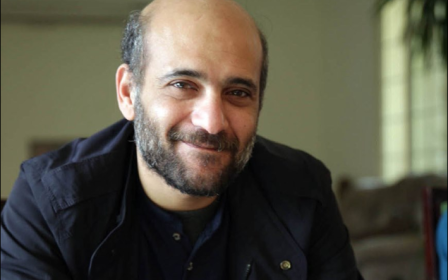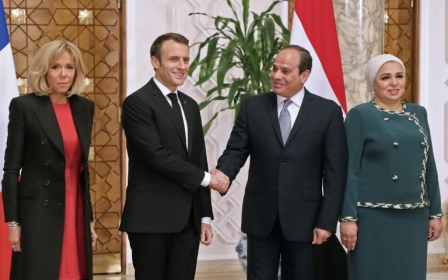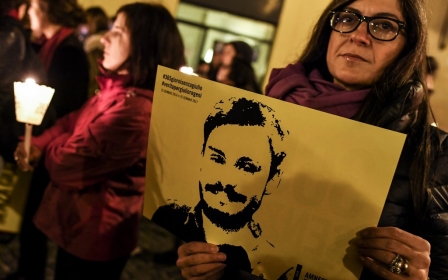Rights groups urge Macron to condemn Egypt's human rights record
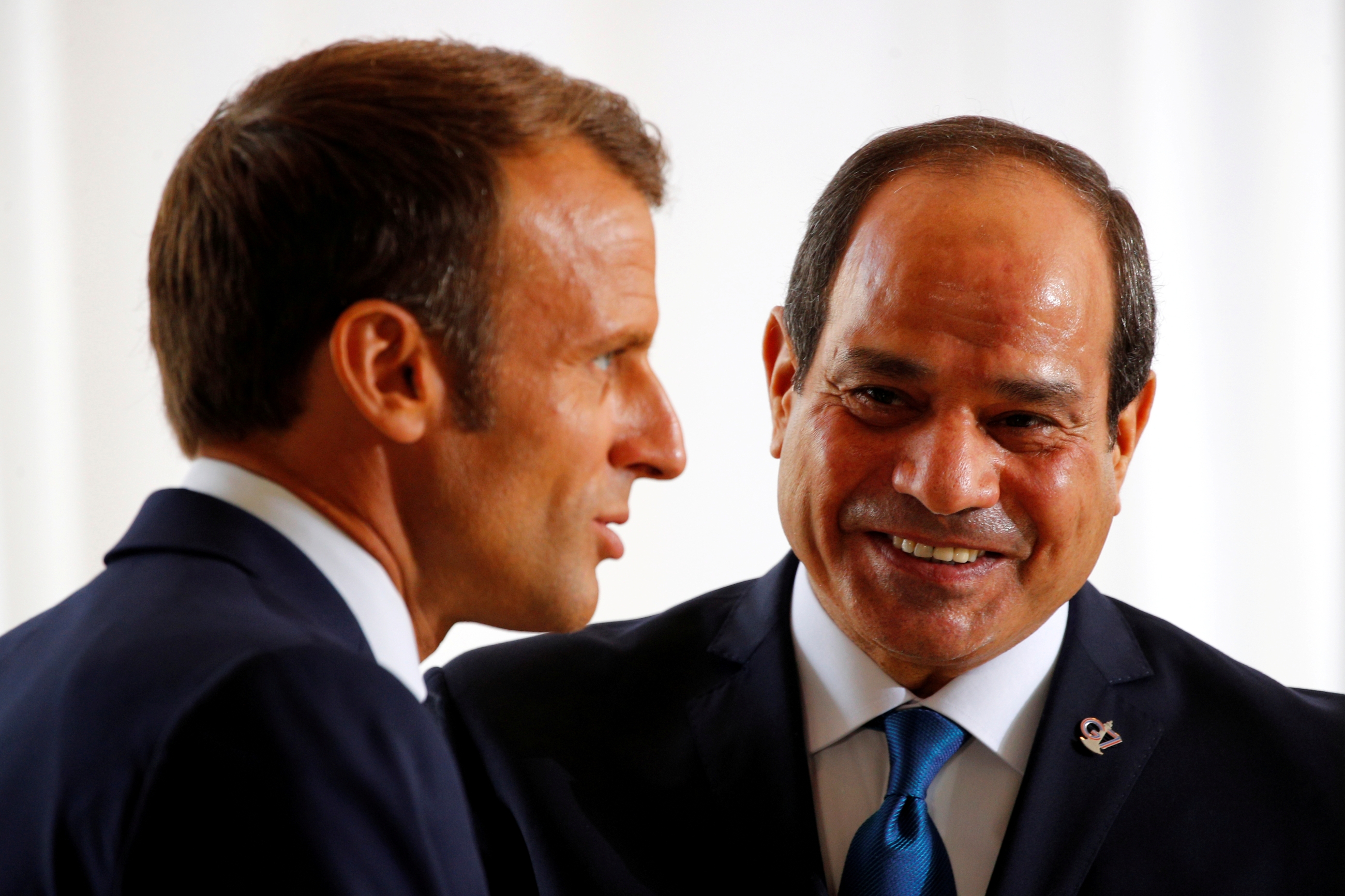
Nearly two dozen human rights organisations have called on French President Emmanuel Macron to speak out against ongoing human rights abuses in Egypt, as President Abdel Fattah el-Sisi attended the G7 summit in France.
Macron invited Sisi to attend the international summit, which concluded on Monday in the French town of Biarritz.
That invitation was "a striking choice" in the context of the ongoing crackdown on dissent in Egypt, said the rights groups, which included Human Rights Watch (HRW), Reporters Without Borders and The Freedom Initiative.
They urged Macron to press Sisi to "drop all charges and unconditionally release all arbitrarily detained human rights defenders and journalists, and drop abusive probation measures against them".
"Political prisoners detained for peaceful activities should be immediately released, and those jailed after unfair trial procedures or without trial should be tried or re-tried in proceedings that meet Egypt's international human rights obligations," the groups said in a statement.
'If these abuses are left unquestioned, the G7 summit will de facto legitimise President al-Sisi's utter disregard for Egypt's human rights obligations'
- Human rights groups
In January, the French leader criticised Egypt's human rights record, saying that "things have got worse since October 2017" when Sisi visited Paris, AFP reported.
Macron also said at the time that Sisi's government is viewed by rights groups as being "more hardline than the regime of [Hosni] Mubarak".
On Monday, the rights groups urged Macron to use Sisi's attendance at the G7 as a way to push further on his previous comments, and "to allow Egyptian rights defenders to document violations".
"If these abuses are left unquestioned, the G7 summit will de facto legitimise President al-Sisi's utter disregard for Egypt's human rights obligations," they said.
Macron and Sisi met on the sidelines of the summit on Monday. An Egyptian presidential spokesman said the pair discussed regional issues, including the Israeli-Palestinian peace process and the situation in Libya.
It was not immediately clear if Macron addressed the human rights situation in Egypt during the meeting, however.
Donald Trump also met with Sisi on the sidelines of the conference on Monday, with the US president praising his Egyptian counterpart for doing "a fantastic job" in the country.
"He's a very tough man, I will tell you that. But he's also a good man, and he's done a fantastic job in Egypt. Not easy," Trump said in a news conference alongside Sisi.
Crackdown on dissent
Since Sisi came to power following a military coup in 2013, his government has overseen an unprecedented crackdown on civil society organisations, particularly human rights groups.
HRW, which is currently banned in Egypt, has accused Sisi's government of being involved in "systematic widespread enforced disappearances and torture that most likely amount to crimes against humanity".
The rights group has estimated that around 60,000 political prisoners have been detained since Sisi took power following the overthrow of Egypt's first democratically elected leader, Mohamed Morsi, who died in June after years in Egyptian jail.
Many of the prisoners have reported torture and other forms of abuse in detention.
The Egyptian government denies holding so many political prisoners.
In a sit-down interview with US television programme 60 Minutes in January, Sisi said "there are no political prisoners in Egypt".
The rights groups' call on Monday comes ahead of a review of Egypt's rights record at the United Nations Human Rights Council in the autumn.
Egypt was also set to host the Conference on Defining and Criminalising Torture in Legislation in the Arab Region next month in collaboration with the UN High Commissioner for Human Rights and the government's human rights body, the National Council for Human Rights.
But the UN decided last week to postpone the event following an outcry from rights groups.
Middle East Eye propose une couverture et une analyse indépendantes et incomparables du Moyen-Orient, de l’Afrique du Nord et d’autres régions du monde. Pour en savoir plus sur la reprise de ce contenu et les frais qui s’appliquent, veuillez remplir ce formulaire [en anglais]. Pour en savoir plus sur MEE, cliquez ici [en anglais].


